Freedom is not worth having if it does not connote freedom to err and even to sin
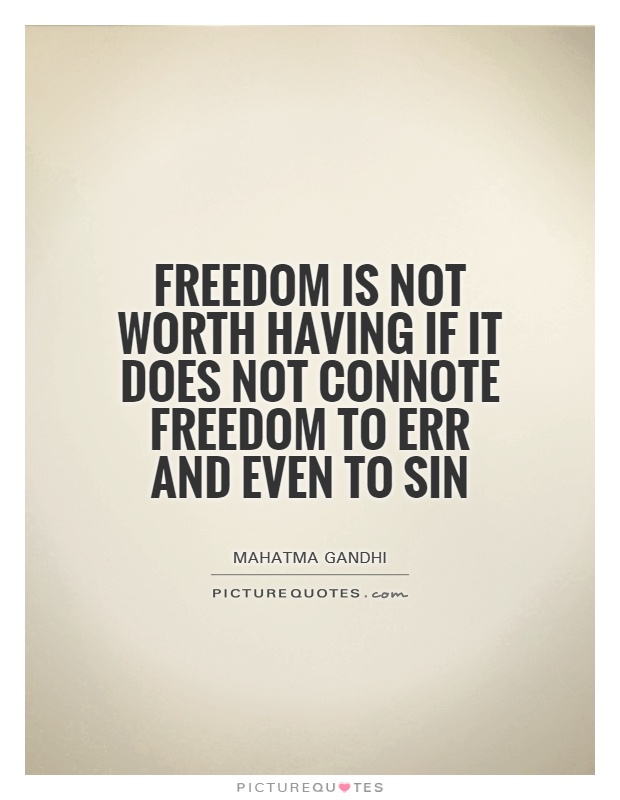
Freedom is not worth having if it does not connote freedom to err and even to sin
Mahatma Gandhi, the revered leader of the Indian independence movement, was a staunch advocate for freedom in all its forms. He believed that true freedom was not just the absence of external constraints, but also the ability to make mistakes and learn from them. In his view, the freedom to err and even to sin was an essential component of individual autonomy and personal growth.Gandhi's philosophy of freedom was deeply rooted in his belief in the inherent goodness of human nature. He believed that people were capable of self-governance and self-improvement, and that true freedom could only be achieved through self-discipline and moral integrity. For Gandhi, the freedom to make mistakes and learn from them was a crucial part of this process.
Gandhi's own life was a testament to the importance of freedom to err and sin. He was not a perfect man, and he made many mistakes along the way. He was not afraid to admit his faults and shortcomings, and he saw them as opportunities for growth and self-improvement. Gandhi believed that true freedom was not about being perfect, but about being able to acknowledge one's imperfections and strive to do better.
In his famous autobiography, "The Story of My Experiments with Truth," Gandhi wrote about his struggles and failures, and how they shaped his beliefs and actions. He saw his mistakes as valuable lessons that helped him become a better person and a more effective leader. Gandhi's willingness to admit his faults and learn from them made him a more empathetic and compassionate leader, and inspired others to do the same.
Gandhi's belief in the freedom to err and sin was also reflected in his approach to social and political change. He believed that true freedom could only be achieved through nonviolent resistance and civil disobedience, and he was willing to take risks and make mistakes in pursuit of his goals. Gandhi's willingness to challenge authority and break unjust laws was a testament to his commitment to freedom in all its forms.


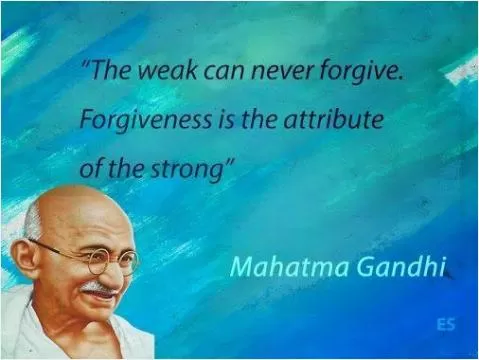


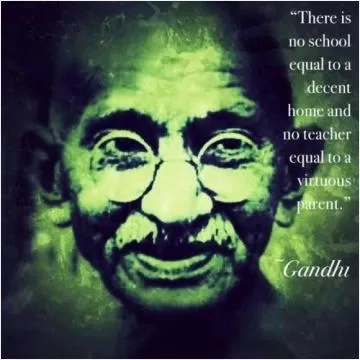


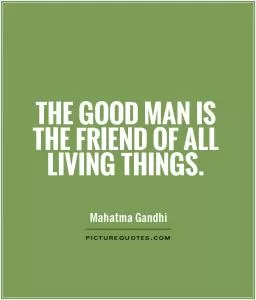
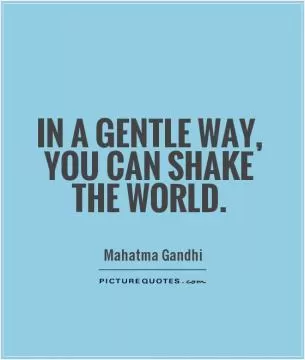
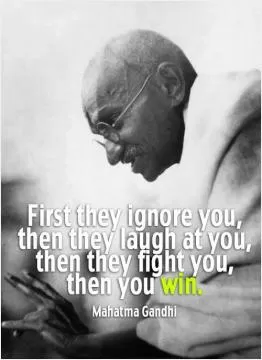

 Friendship Quotes
Friendship Quotes Love Quotes
Love Quotes Life Quotes
Life Quotes Funny Quotes
Funny Quotes Motivational Quotes
Motivational Quotes Inspirational Quotes
Inspirational Quotes